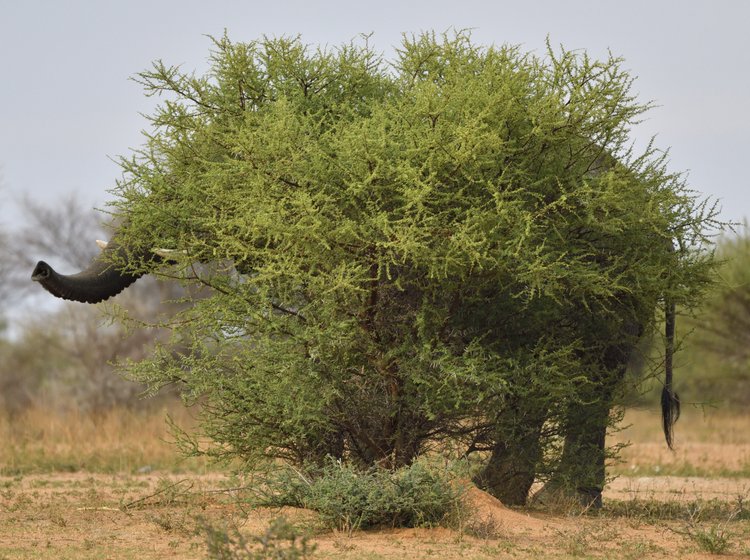Bit late today, but it could have been later had a meeting not been cut short 
Happy invoicing!

- Sanctuary - ”Buckley had built a refuge for elephants. It was the culmination of a nearly lifelong devotion to the world’s largest land animals. But at the moment, Buckley’s refuge lacked any elephants—and one elephant in particular.” The story of Carol Buckley, and her decades-long quest for custody of elephant Tarra.
- Yes, everything in physics is completely made up – that’s the whole point - Finally, a physicist admits the truth: ”The most common response I get when I talk about dark matter is: ‘isn’t this just something physicists made up to make the math work out?’ The answer to that might surprise you: yes! In fact, everything in physics is made up to make the math work out.” The physicist in question is Dr. Katie Mack, well known on Twitter as AstroKatie and author of The End of Everything (Astrophysically Speaking)

- A manhole cover launched into space with a nuclear test is the fastest human-made object. A scientist on Operation Plumbbob told us the unbelievable story. - HT to Doctor Strangelove for this tale of the atomic age.
- Why Australia bottles up its air - And HT to Zigenare for this Tom Scott video: ”Every few months, when the wind's blowing in the right direction, a bottle of air is taken from Kennaook / Cape Grim, at the northern tip of Tasmania, and saved for science. Here's how and why”
- All You Touch and All You See: ‘Dark Side of the Moon’ at 50 - Tap Rosenberg on the classic album: ”A half-century ago, Pink Floyd unleashed a classic that still lingers on the Billboard charts and in college dorms to this day. But what’s the legacy of the blockbuster album? What’s legacy, anyway?”
- Chernobyl mold could shield astronauts from deep-space radiation - ”One of the biggest dangers of interplanetary travel is radiation exposure… One surprising solution may be mold, according to researchers from Stanford and North Carolina universities. They discovered that fungus thriving in the nuclear fallout of Chernobyl blocked radiation on the international space station (ISS), and could be adapted for trips to the Moon and Mars.” Finally, a use for devastating nuclear catastrophes

- Medieval law requires a bundle of straw to be hung from the Barking flood barrier - ”The Barking Creek barrier in east London is a huge concrete structure built in the early 1980s with a large barrier gate that can be lowered to protect Barking from flooding coming up the Thames. But it still needs a bundle of straw to be hung from it later this month, because ancient laws say so.” Ian Mansfield explains one of those ancient laws that turns out not to be an urban legend.
- Digital Maps of the Ancient World - That would be the ancient Western world, at least for now, but there’s lots of interesting maps here: ”The maps are an ongoing process and so are not always complete but I do hope that you will find them useful; for the classroom, personal interest or just to double check a specific place or site.”
- Reverse-engineering the electronics in the Globus analog navigational computer - Ken Shiriff digs deeper into the Soviet cosmonauts’ navigational machine: ”Although the Globus does all its calculations mechanically, it has some electronics to control the motors. Inconveniently, all the wires in the wiring harness to the external connector had been cut so I had to do some reverse engineering before we could power it up. In this blog post, I explain how the electronics operate.”
- World Nature Photography Awards: Our 2022 Winners - ”The standard, as always, has been exceptional.” And the 2023 competition is now open, if you fancy a go. As we started this week’s links with an elephant, we ought to finish with one, photographed by Staffan Widstrand


Happy invoicing!






